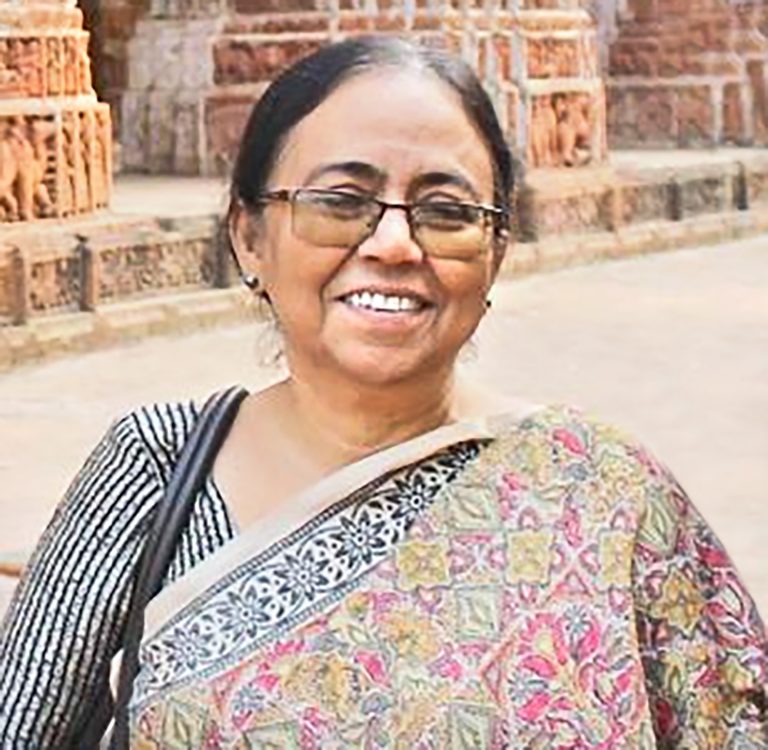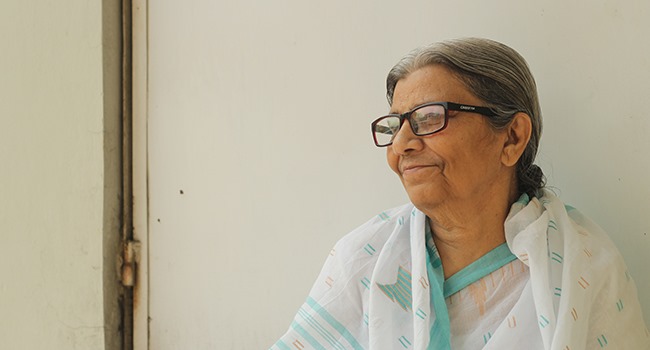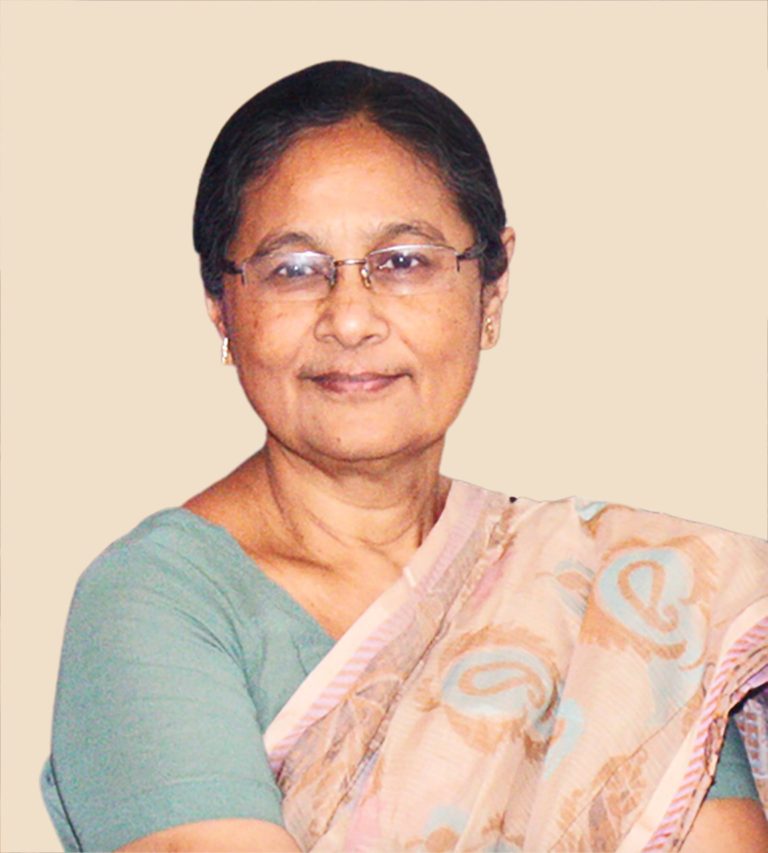Every Women’s Day, I suffer from this ambivalent feeling of euphoria and despair. I am euphoric about the things we have achieved over the years through relentless efforts of women’s/feminist movements, yet dumbfounded by these commodified, spiritless Women’s Day celebrations. It is fascinating to see how quickly the neoliberal economy could digest the spirit of collective socialist movements – for fair wages, “bread and peace,” universal suffrage, and reproductive rights – to throw up “empowerment” and individual entitlement, putting the onus on the individual to fight for her/their autonomy. The purple-and-orange-clad middle-class women at the workplace, in seminars and cafés celebrating one day of “free to be/do whatever” has turned into a full-blown spectacle. And every year, you will find that one naïve male colleague, friend, acquaintance or extended family member who will casually ask, “How much more do you need? All of you are doing so well, look at our indicators, you even have a special day for yourself!”
Now, being a woman in mid-40s, I can either choose to rekindle my young feminist self and give these individuals an earful, or simply disengage. But why let the chance slide if you can deal with it with a little humour and poise? After all, I am a “respectable woman,” who happens to be an academic, is married and has held a family despite pursuing her hobbies (!), like “activism” and “sports.” Even some of my feminist friends recognise these as some sort of semblance in life, and it is difficult to explain to anyone that all of this is the result of excruciatingly painful negotiations that come with a steep price. Women who are just keeping their nose above the water are thought to be able to do so either because they are born with privileges, or because they have an enabling family (or both) – completely discrediting both the individual and collective struggles of women over generations.
Unfortunately, neither such privileges nor having a “sensible” family translates into equity in life chances, domestic work or the distribution of resources. This circus that we call work-life balance is a neoliberal trap that pivots on appropriating women’s labour (either our own or what we can “outsource”), while men can continue their roles as providers and remain uninvolved. What women get in return is zero recognition for domestic work, almost no rights over our children, and not even an equal share of the house/property that they spend their lifetimes to sustain. I can only receive part of the property of my parents or my partner if they are “benevolent,” not inherently as a rightful equal partner. How sad and humiliating is this?
From domestic workers to CEOs, regardless of their class, women cannot unburden themselves from care work or domesticity. We have just finished preliminary research on women working in the informal sector, which shows that 50-60 percent of their earnings goes into raising their children, while the rest goes towards family expenses (including clearing their husbands’ debts); meanwhile, most of my friends and family are spending a fair share of their income to “buy out” independence, outsourcing the domestic and care work to these same informal workers. This appropriation of women’s labour is much easier than making the men and the rest of the family share the burden. This also means that we, the privileged ones, would much rather avoid the uncomfortable negotiation with our partners/family, as long as we can have our “me time,” hang out with our friends, pursue our hobbies (read: activism) and buy whatever we please for ourselves and our loved ones.
Our first generation of feminists were not very different; they demanded equal rights in the streets while continuing to be the domestic goddess at home – an impossible standard to achieve. Hence they have raised us to be strong and independent women as long as we are mindful of the comfort of our loved ones, while our fathers, brothers and husbands can be enablers without sacrificing any privileges. This is a perfect trope that allows neoliberalism to invisiblise the appropriation of labour and make women feel inept in every sphere (never good enough), all while celebrating “womanhood.”
These may well read as the “personal” problems of a particular class of women, but like everything else, they are part of a much larger structure of intersecting inequalities. By retaining the status quo at home, we are also allowing laws that sustain institutionalised discrimination against women – reducing every woman to a second-class citizen – to prevail, in particular discriminatory and mostly religion-based laws regarding marriage, divorce, dower, maintenance, child custody and guardianship, adoption, inheritance, and property rights. Our activists have thus always believed that changing the law would change the status of women; such convictions led Bangladesh Mahila Parishad and other rights-based organisations to propose a Uniform Family Code in the 1980s, which is still waiting for legislative approval.
Meanwhile my fellow activists have fought a good fight, initiating laws like the Dowry Prohibition Act (1980), the Family Courts Ordinance (1985), the Cruelty to Women (Deterrent Punishment) Ordinance (1983), the Women and Children Repression Prevention Act (2000), and the Evidence (Amendment) Bill (2022), to name a few. I may be critical of some of their methods, but the fact remains that whatever rights we have as women were accomplished by our foremothers and elder sisters, through a long, collective fight. They have also shown that “the law” is not etched in stone; it can and must change to meet the need of the hour.
The question of gender justice was central to the Bangladesh Constitution in 1972. Articles 28, 29 (1) and 19 (3) promise equal rights and opportunities for every citizen regardless of gender, class, and ethnicity. The constitution also recognises the necessity of women’s participation in making decisions both in the private and public spheres. Yet, after five decades of collaborative efforts by women’s movement, civil society and UN organisations, women have failed to emerge as equal citizens. Perhaps it’s time we recognised that keeping women as subservient second-class citizens benefits society, which can extort their labour in the name of love and care. Perhaps pandering to the state for law reform or fighting against “fundamentalist” forces may not be the only battles we ought to be fighting. The bigger battle yet is to rattle the cage of domesticity, which ties women down and lets men run free.
So what if, instead of these spiritless Women’s Day celebrations, we were to call on all women to go on general strike for a week? Refuse to cook, clean, chaperone our children, care for the elderly, or go to the office; let’s get some real “me time” for a change, and remind society/state of the everyday violence they inflict on women. Make everyone who upholds patriarchy bequeath their privileges to make way for an enabling and nurturing space for all. Women must ask for all of these and more, from the family, society and state, if we are to truly “embrace equity.”
Dr Seuty Sabur teaches anthropology at the Department of Economics and Social Sciences in Brac University.
Source : The Daily Star




